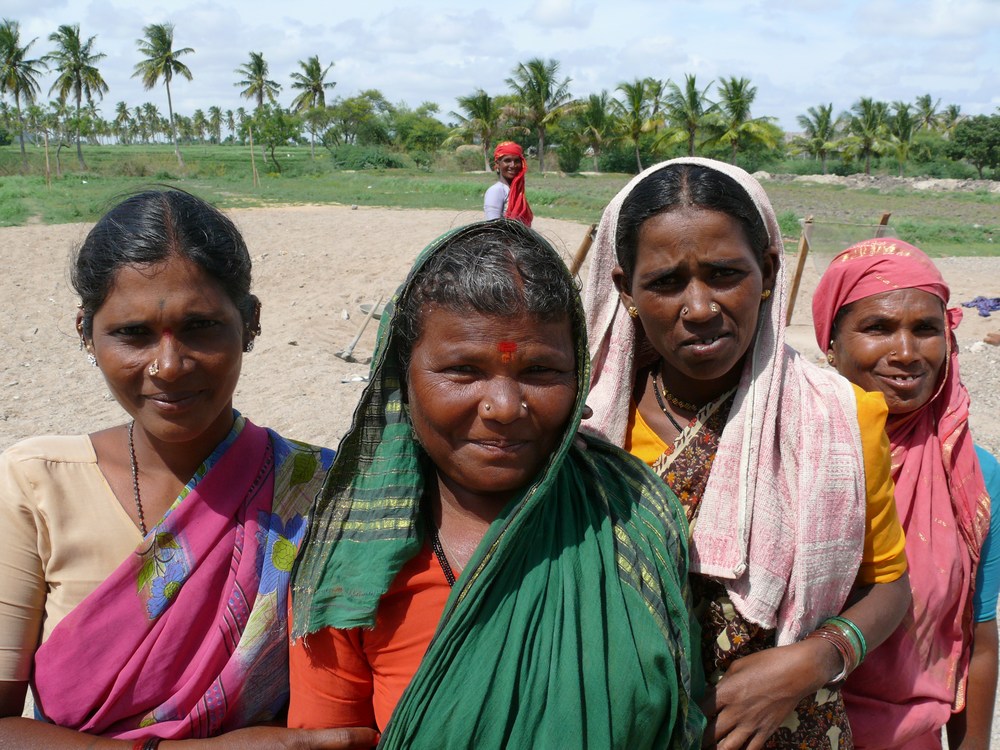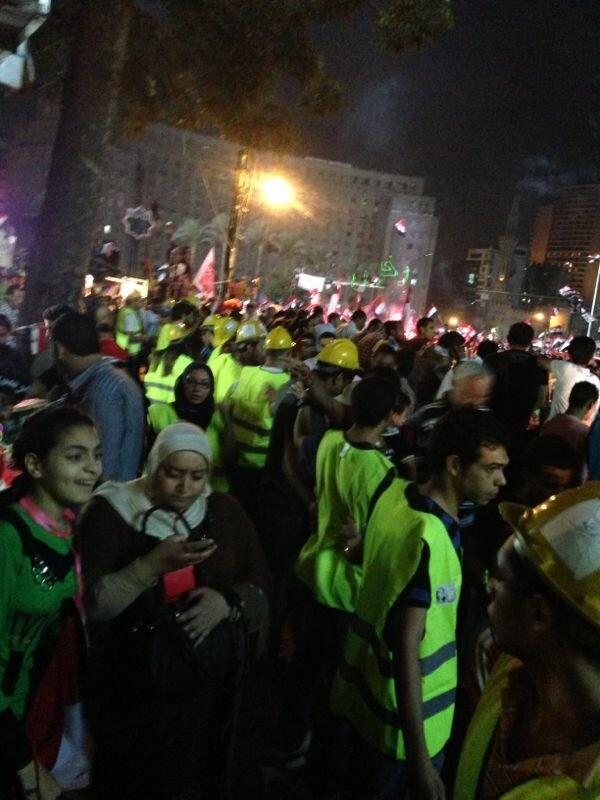Editor’s Note: Our new Blog Correspondents ProChange in Germany wrote a piece for both Ms. Magazine’s blog and SSH… so this is cross-posted from Ms, with permission.
Following planned attacks on women on New Year’s Eve in Cologne, Germany, more than 500 reports have been made, 40 percent involving sexual assault. In other German cities such as Hamburg, Stuttgart and Düsseldorf, similar cases were also filed.
In Cologne, the police have arrested 21 suspects so far, most of whom have been identified as men from northern African or Arab regions.
Shockingly, in the beginning, there seemed to be no public outcry over the attacks. It was only on January 2, after the local media started covering the incidents and quoted eyewitnesses stating that the perpetrators looked northern Africa or Arab, that suddenly there was outrage.
But instead of turning the incident into an opportunity to stand up for women’s right to be safe in public spaces, many who are against the influx of refugees used the assaults to spread racist hate speech targeting asylum seekers, migrants and foreigners.
While there may have been asylum seekers among the perpetrators, as the newspaper die Welt reported, this racist response is unacceptable. The rhetoric is unjust to both the persons affected and to the many asylum seekers coming to Germany searching for a better life.
Certainly the perpetrators should be punished, no matter where they are from. The German state must use the rule of law to send a strong message that violence against women will not be tolerated. But it is disturbing to see that the body of the “German woman” is being used to promote racist hate speech, and it’s something that has been prevalent throughout the German debate on refugees.
For example, the philology association from Saxony achieved questionable fame for warning young girls against sexual adventures with Muslim men. Under the guise of protecting the young girls, racist stereotypes were promoted and combined with sexist ideas. While Muslim men were portrayed as a potential danger, young girls’ abilities to decide their own sexuality were denied.
The wildest stories have circulated on social media. For instance, it was claimed that refugees were urinating on vegetables in supermarkets, and stealing goods worth several thousand Euros without punishment. When investigated, it turned out that those wild stories were lies.
You might assume from scrolling through Facebook that crime has increased with the influx of refugees. But the image of the “criminal refugee” is not backed by crime statistics. In fact, refugees commit crimes at the same rate as the native German population, and the number of sex crimes committed by refugees is actually below 1 percent.
Right-wing political parties, such as the AfD (Alternative for Germany), warn against refugees as potential rapists of German women. Politician Björn Höecke, for instance, spoke about the special risk for blonde (!) German women.
It seems like the right-wing movements have finally discovered an interest in women’s rights. But while the potential rape of “our women” has stirred up hate for the “uncivilized other,” the fact that sexual violence is already prevalent within German society, or that it can affect non-German women as well, seems not to be of interest to them.
In addition to racist backlash, there has also been a great deal of victim-blaming in the wake of these attacks. This was blatantly clear in the recommendation made by Cologne’s mayor, Henriette Reker, during a press conference following the New Year’s Eve attacks where she spoke about preventive measures for the upcoming carnival celebrations. When asked how women could protect themselves, she answered that it is always possible to maintain a certain distance of more than an arm length from men. Women turned to social media to mock her advice, using the hashtag #einearmlaenge (one arm length). She has since apologized, but the damage has already been done.
Following the attacks, this should be—and still can be—an opportunity to name street harassment and other forms of sexual violence as everyday sexism. It is also the right time to call for a revision of the German penal code to better address these types of offenses.
Every woman should have the right to safely be in public spaces, among men of all races, and in as close proximity as a crowded place dictates. The priority should be to ensure that that is the reality, not to punish the refugees, migrants and asylum seekers who are just as likely to be peaceful, law-abiding residents of Germany as those who are native-born, nor should it be the time to engage in needless victim-blaming.
ProChange is a group of people between 20 and 64 years of age who have been active for several years or decades now. ProChange consists of a small group of core members (pictured left) in a network of other activists. Our main focus is on street harassment, sexism and sexualized violence. We are opposed to all forms of exploitation as we believe that they are all connected.



